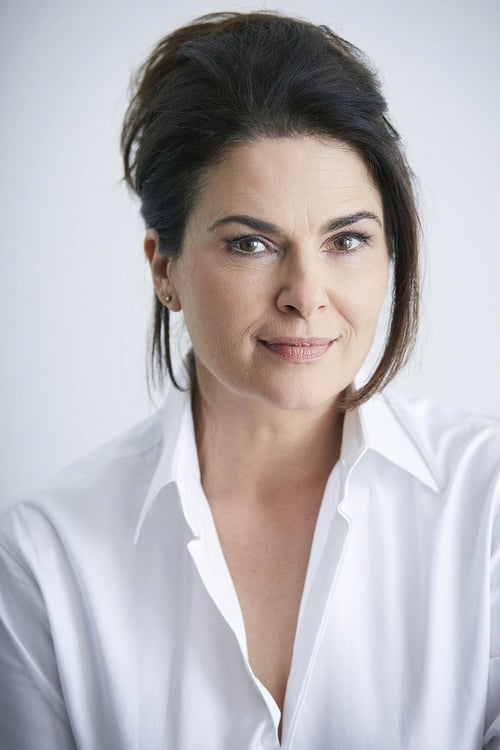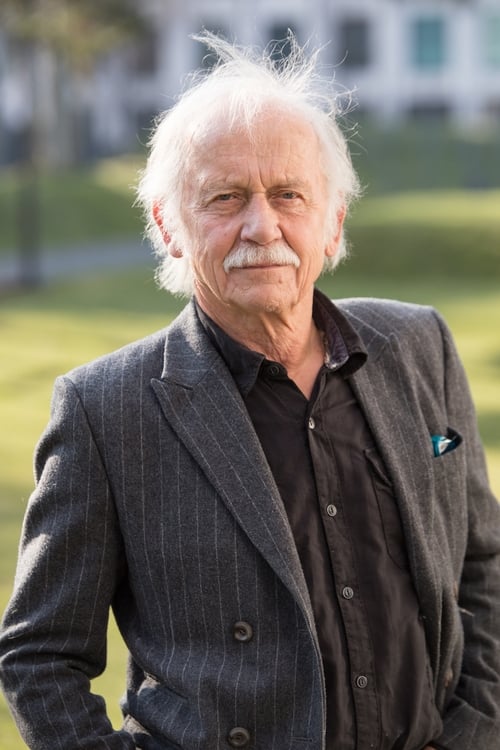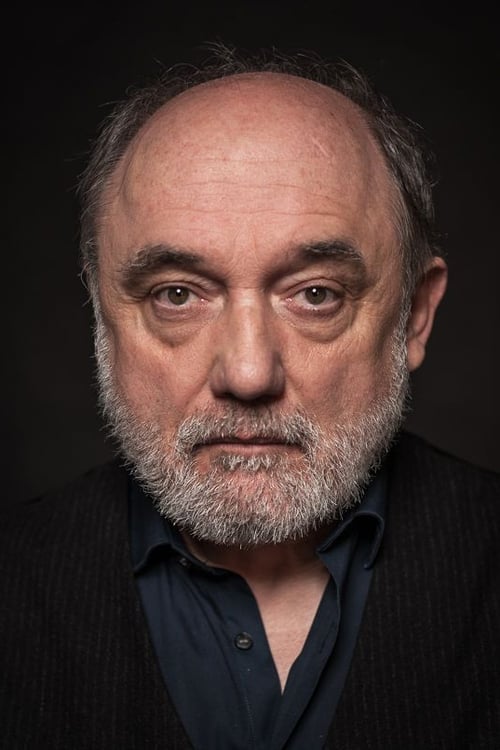Verfolgte Wege (1989)
Жанр : драма, история
Время выполнения : 1Ч 47М
Директор : Uwe Janson
Краткое содержание
Post-war Germany in 1946 while people are struggling to make ends meet, the film follows Hermann, a war veteran who finds employment at a train station. As he falls in love with an agricultural worker and starts comitting thefts, his fragile psyche seems to fall more and more out of balance.

Германия после Второй мировой войны. В стране беспорядок, разруха, голод. Главный герой — британский военный Льюис Морган, который назначен временным мэром Гамбурга. Ему предстоит восстанавливать город почти с нуля. Вместе с женой Льюис селится в роскошный особняк, где живет немецкий архитектор с эмоционально нестабильной дочерью. Смогут ли бывшие враги ужиться под одной крышей или желание отомстить будет сильнее?
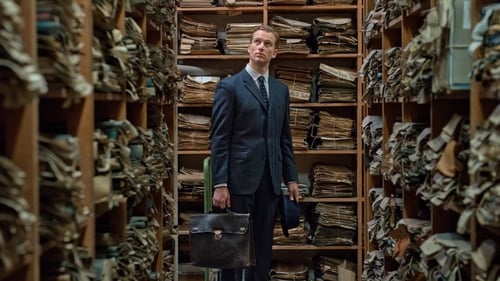
Фильм посвящен «Освенцимским процессам» — под таким названием в немецкую историю вошли суды над охранниками, надзирателями и прочим персоналом концлагеря Освенцим (Аушвиц), которые проходили во Франкфурте-на-Майне в 60-е годы. Молодой прокурор Йоханн Радманн обнаруживает сведения, изобличающие преступную деятельность бывшего персонала концлагеря. При поддержке генерального прокурора Фрица Бауэра (реальная фигура) он начинает расследование, в результате которого на скамье подсудимых оказалась целая «команда» лагерных палачей. Основная тема фильма — конфликт между теми, кто желает забыть прошлое во имя национального примирения в условиях «экономического чуда» и теми, кто стремится к установлению справедливости.
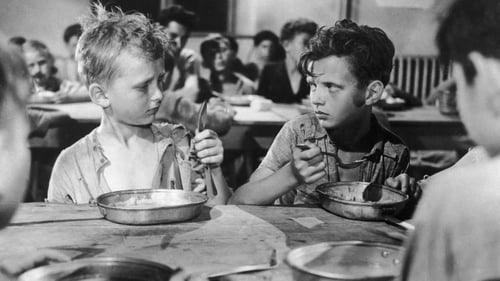
В послевоенной Германии американский солдат Ральф Стивенсон находит беспризорного девятилетнего чешского мальчика, выжившего в концлагере в Аушвице. В то же время мать мальчика ищет его по всем детским приютам. Из большой чешской семьи в живых остались только мать и 9-летний сын, они ищут друг друга. Мальчик пока не может отличить немцев от американских солдат... Он убегает. Его шапочку находят у реки, предполагают, что бедняжка утонул. Но он живет среди развалин, пока оттуда его не выгоняет голод. Американским солдатам удается поймать его и спасти.
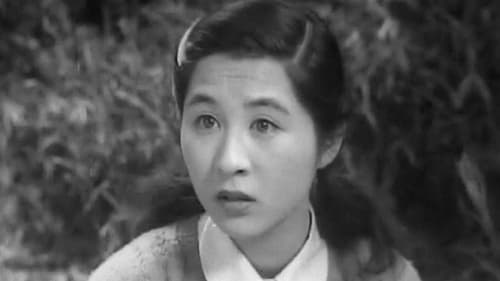
У семьи Фукухара была прачечная, но она сгорела во время воздушного налета. Напряженным трудом всей семьи удается снова открыть прачечную. Дочь Тосико подружилась с соседским юношей. В это время умирает отец. Непривычные деловые заботы ложатся тяжелым грузом на плечи матери. Ей приходится заботиться о своих двух дочерях и племяннике. Вести дело ей помогает ученик мужа Кимура. Об отношениях матери и Кимура начинают перешептываться, и эти слухи больно ранят девичье сердце Тосико. Ее младшую сестру в качестве приемной дочери берет другая семья. Спустя некоторое время мать уже в состоянии вести дело своими силами, и Кимура тоже покидает дом Фукухара, чтобы основать свое собственное дело. Теперь, когда мать осталась одна с дочерью, их жизнь потекла спокойно. Но в глубине души Тосико часто возникает сомнение - действительно ли счастлива ее мать?
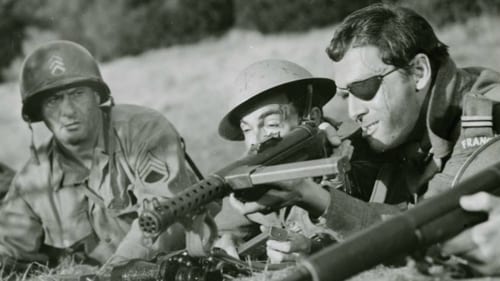
Фильм рассказывает о судьбах молодых американских солдат во второй мировой войне, их ратном труде, трусости и доблести, желании выжить и познать счастье даже в этих жестоких условиях существования. Действие фильма происходит на Сицилии, в Бельгии, Франции, Голландии.

The residents of Ho Chi Minh City face modernization amid widespread poverty. A retired American Marine arrives on a search for his daughter, whom he abandoned at the end of the Vietnam War. Elsewhere, a cyclo driver falls for a troubled prostitute and schemes to raise money so he can spend time with her. Additionally, a young women begins harvesting lotuses for a writer suffering from leprosy, and a child trinket seller loses his traveling case.
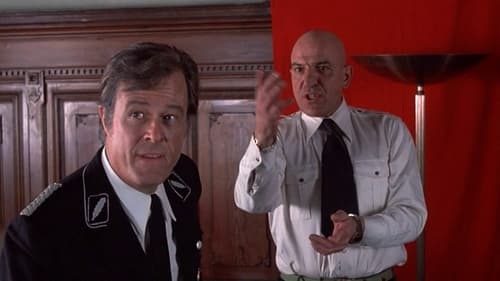
An American ex-WW II POW returns to Germany 30 years after the war. He teams up with the former commander of his prison camp. Together they spring a Nazi war criminal from jail. He's the only one left who knows where a secret wartime cache of gold is hidden.
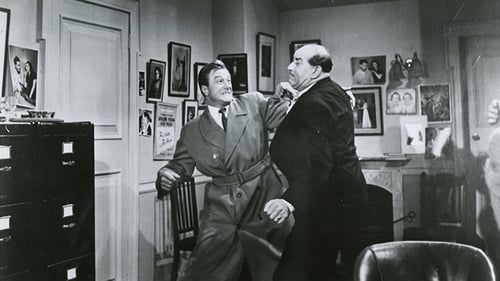
An American army officer working for British intelligence comes to post-war Berlin to solve a murder. His investigation is compromised when he falls for a nightclub singer, not realising she is an agent of the criminal mastermind he is on the trail of.
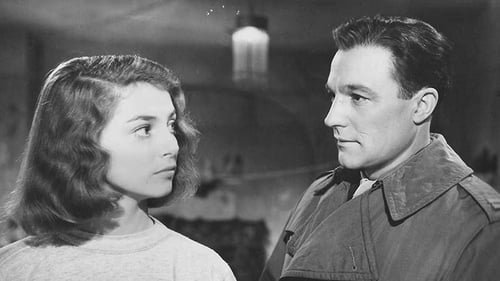
Jeff Elliot is an American GI investigating a black market gang in Munich.

A biography of Hildegard Knef, one of Germany's biggest post-war stars.
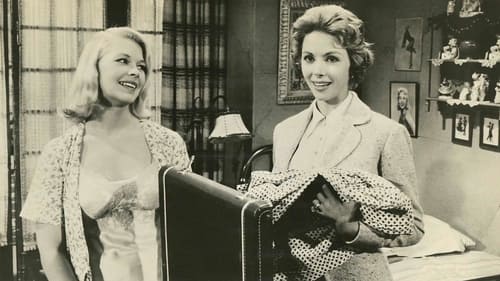
In melodramatic fashion, the film tells the tale of a young German woman who finds herself alone in the world when the rest of her family is killed in a WWII air raid. Helping an American military man escape the Gestapo, she finds herself on the run from the Russian Army. Escaping to the American (and safe) side of Berlin, she registers herself as a prostitute (unknowingly) and finds herself caught between the German officer who thinks she is for sale and the American officer who she saved and is now in love with her.
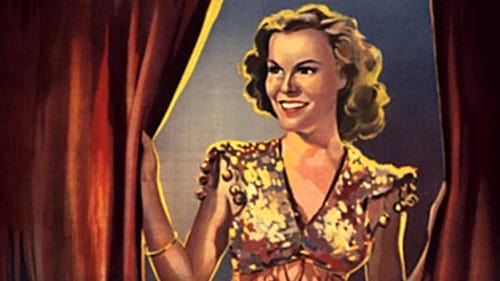
Post-war Germany 1945: Two rival gangs of uprooted boys fight each other in the ruins of Berlin, whose business is the black market out of necessity in order to survive. Their respective leaders are Gerhard and Dietrich. A pretty young circus artist named Corona comes to the destroyed city with a traveling circus. She immediately caught the boys' attention. When the latter notice that the circus director is abusing the girl, the two gangs join forces and plot an act of revenge against the tyrant. But with the hustle and bustle caused by this, Corona falls from the trapeze and is seriously injured. When the circus moves on, the boys organize a doctor for the sick artist who has been left behind. Their collectively concern for the blonde beauty makes them forget their enmity. This welds the troops closer together and sets the course for a common, meaningful future.

A young American serviceman stationed in Germany after the fall of the Third Reich, jeopardises his future after falling in love with a German woman.

Long before he played the corpulent Goldfinger, German actor Gert Froebe was a scarecrow-skinny comedian. In Berliner Ballade, Froebe makes his screen debut as Otto, a feckless Everyman who tries to adjust to the postwar travails of his defeated nation. Stymied by black-market profiteers and government bureaucrats, Otto begins fantasizing about a happier life at the end of that ever-elusive rainbow. Director R. A. Stemmle doesn't have to strive for pathos: he merely places his gangly star amidst the ruins of a bombed-out Berlin, and the point is made for him. Filmed in 1948, Berliner Ballade was later released in the U.S. as The Berliner.

A "What if?" alternative history sees Nazi Germany prevailing in the second World War. First the occupiers establish their power bases, before they find themselves under attack from the underground resistance.

Immediately after the prom, Olya Rusanova arrives in the city where her father worked and tragically died. Many years ago he dreamed of building a city, and now she is walking along the street bearing his name, a street without end. Having met her father’s friends, Olya learns him anew. They tell the girl how her father wanted to see large houses and wide streets on the site of the tent city. How he knew how to be friends and to love, and how longed for Olya when he broke up with his wife, who didn't agree to go with him.

Post-war provincial Iceland: around 1950, Freyja, who'd been a plump teen, returns from America, a widow with a 20-inch waist, seven suitcases of dresses, and a list of who ever wronged or slighted her. She moves in with an aunt and socialist uncle: finding a new husband is high on her agenda, and she's mistrusted by Agga, a pre-teen who's our eyes and ears. The social order and Freyja are more complicated than they seem at first, and so may be her prospects. Class divisions, families ties, pride, the onset of puberty, and the power of Eros sliver the ice.
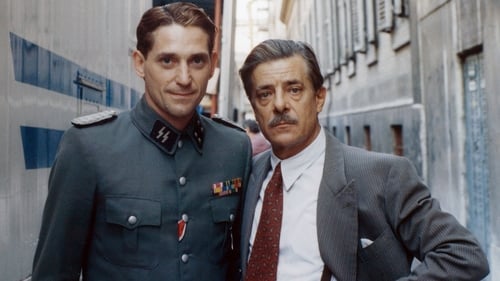
June 1944. In the newly liberated Rome, Roberto Rossellini and Sergio Amidei decide, against all odds, to make an unprecedented, true-to-life film on the tragic events that occurred during the Nazi occupation: Rome, Open City .

It is an unknown chapter of the German post-war history: On April 23rd, 1949, the kingdom of the Netherlands occupied German soil as a pledge for demanded war reparations. Part of the annexed territories was also the small municipality of Elten. While the people of Elten were initially afraid of the occupation, the time “with Holland” actually became a miracle of prosperity and economy about which many people from Elten still rave today. The occupation period ended with the largest organized smuggling in the history of the federal republic of Germany. The Documentary shows this in never before released 8 mm footage!

The antihero "Mr. Karl" tells a "young person", the viewer, his life story while he sits at work in the warehouse of a delicatessen. The narrator increasingly turns out to be an opportunistic follower from the petty-bourgeois milieu, who maneuvered his way through life in the changing course of Austrian history from the end of the First World War to the end of the occupation in the 1950s.


